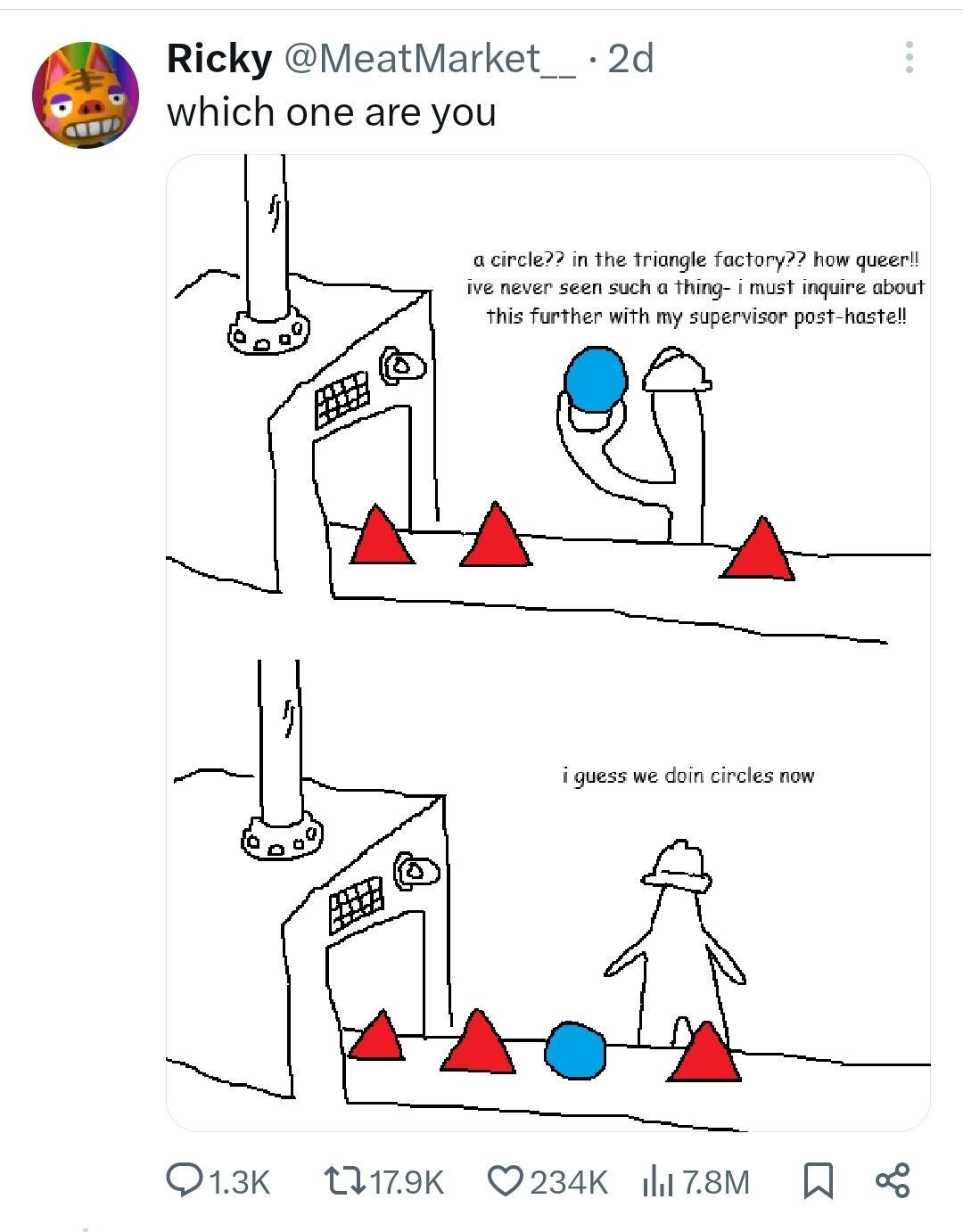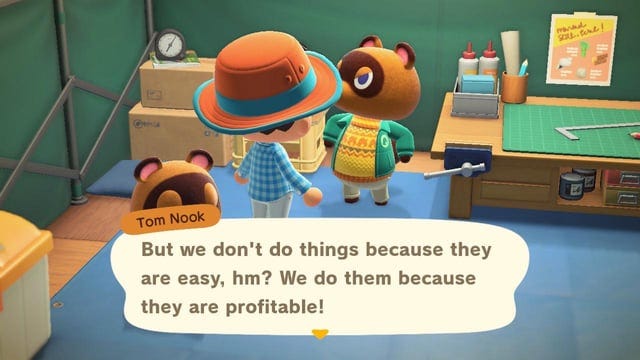Annyeong.
Sav here.
Recently, much to the dismay of people in my household, I’ve been waking up earlier than usual to fit in some much-wanted writing in the morning.
(And with a clickety Keychron Q5, ~110 words per minute type speed and an old ThinkPad that occasionally makes extraordinary loud beeps due to RAM issues — it is uh, not a comfortable arrangement.)
At six o’clock on a good day and around six-fifty on a miss, I do five minutes of unintentional writing (letting unfiltered stream-of-consciousness splatter the page without even looking at it in order to get my fingers warmed up from this Australian winter), followed by whatever I wanted to work on that morning till about 7:15. This currently includes but is not limited to:
Writing the first draft of a new post on Scrivener
Editing an already prepared post on the Substack editor
Designing an accompanying asset for one of my previous posts on Canva (peep my Instagram, @journalinginpublic_ for a new post format I’m trailing)
Or laying the groundwork of what topics I’m going to work on next.
The only reason I’m able to do this is because I’ve already got a writing and content plan across June, which is this 25 by 25 mini-series (part one is here) and a series of exploratory conversations with self to redefine what this newsletter means to me (last week, I explored my purpose, mission and vision). I don’t need to waste the mornings figuring out what to do — drawing a lesson from one of my other posts where I share the idea of off-loading your decision-making to a past self who is better suited to make decisions.
This is part two of my 25 by 25 mini-series where I’m sharing a thorough-not-thorough assortment of lessons across my life, big and small, that have resonated and stuck for more reasons than one — which leads nicely to my first finding.
1. Five minutes is better than zero minutes
Which one do you think is the most difficult?
Starting, continuing, or finishing?
I’ve never had a problem with finishing. Call me a wuss but I’m always the first in the group project to proclaim we had done our best. I finish exam papers earlier than everyone else because I know that re-reading the question will not make me suddenly remember something I never studied. I close out arguments expediently, not because I’m a swift negotiator, but because I’m quick to realise the point of negative marginal return (and don’t like confrontation very much!)
Personally, I’m okay with continuing. It’s a mix of natural perseverance and well, let’s be real, a healthy layer of negligence. I’m like the guess we doin circles now meme — mildly annoyed but never particularly fazed by a change or complication in process. I typically only lose continuation/concentration if something outside of myself interrupted me or another item needed more priority.
Starting, however, is an insurmountable boulder to me.
They say starting is half the battle. It’s most of the battle for me. I need an entire battalion to tackle it and don’t get me STARTED on recruiting said soldiers.
The activation energy of getting something started is the heaviest thing in the world.
I will glance at the clock, see I’m two minutes late to when I was meant to start and immediately start catastrophising that there’s no point to starting because two minutes is basically five is basically ten is basically the hour and I’m not in the right environment and my headspace is out of whack and I have too many people over my shoulder and I will not make any substantial progress.
And so, whenever I struggle to start with something, I tell myself that five minutes is 400% better than one minute, which is 4900% better than one second, which is infinity% better than zero minutes.
Five minutes of writing can get the outline of a draft or polish up a paragraph for performance. Five minutes to walking is a lovely break to clear you head and get your eyes off screens. Five minutes of stretching makes up for the hour of slouching. Five minutes of sleep can be the difference of passing in the elevator and making your way safely into your apartment
Even just five minutes of conscious, concentrated, consistent work is usually enough to trigger the flow state.
Alternatively, if I give an honest five minutes and come to conclusion that I really don’t feel like doing it that day, that’s okay! I’m a fickle human like everybody else and I deserve to change my mind.
Five minutes is all I ask.
Give yourself five minutes. The universe will give you the rest.
2. Systems over goals — but never forget your goals
Over the years, I had tangentially followed the self-help/improvement space from YouTubers like Ali Abdaal and Matt D’Avella and
to books like The Psychology of Money and Slow Productivity and the all-time iconic Atomic Habits.At one stage, I noticed a general sentiment shift on how goal setting was an overrated, outdated, overly-corporate line of strategic thinking, completely unfit for the dynamic world we live in today. Motivation and inspiration and fickle creatures you cannot rely on, so you must function off discipline and an internal locus of control. Shortly after that, it dumped those two features and put all focus on habits, brought about by triggers, environment, and ultimately: systems.
Systems thinking, composed of small but incremental habits that snowballed into great progress, was suddenly the most effective approach to designing the life of your dreams.
Thanks, James Clear.
Which, fair enough, it probably is.
To no surprise, a lot of the self-improvement genre is grounded in operations management in business — all about uplifting people, processes and systems to enable each individual staff member to function as efficiently as intended to create predictable, replicable outcomes. I recently finished off Michael E. Gerber’s The E-Myth and this systems approach is actually the very final topic he touches on.
However, I find it incredibly negligent to drop the idea of goals.
Goals are the grounding factor that keep your decision-making strategic and realistic. Goals inspire you to look up at the sky, question how high you can go, to think like a visionary. Goals establish the boundaries you are not willing to give up in pursuit of greatness — to guard say, your health or your relationships. Goals inform the intensity of the system, how much or how little time, must be invested in it.
With systems, you climb the ladder as efficiently and painlessly as possible.
With goals, you make sure the ladder is resting against the right house.
To absolutely no surprise to anyone whatsoever, I think journaling in an excellent exercise in the exploration and establishing of your goals. There is so much value in writing them down, even if they’re inaccurate, unrealistic, and poorly-worded — as north star to build an appropriate system towards.
Writing down your goals is the way to take a chance on yourself.
Have some faith in you.
3. It’s okay to be jealous but be jealous of the whole package
I don’t need to see the sixteen-year-old Harvard graduate turned international rockstar, entrepreneur with a diamond-cutting six pack with a Victoria Secret model in his arms, or the $70 million dollar OZ Lotto winner from Tasmania to get a brimming burst of jealousy.
I literally just need to walk outside.
Jealousy is an exceedingly normal human emotion and we cannot crucify anyone for experiencing it. We are walking pendulums, navigating the world for the first time, and it’s only natural for positivity and negativity to occur.
What I constantly remind myself of is that if I were to be jealous, I must be jealous of the whole package.
I’m jealous of the start-up founder who sold her start-up for multiple six figures, purchasing a gorgeous, three-floored property with a dazzling mountain view such that she and her grandchildren will never have to work a day in their life if they don’t want to. Therefore, I am also jealous of the caffeine-infused nights of grind, the ups and downs of continuous negotiation and rejection from sharks, the discrimination she had to face within her industry, and the heartbreak of neglecting everyone else in her life to pursue this business.
I’m jealous of the artist with a massive, world-renown portfolio of creative work, featured in magazines, museums, news outlets, all to maximum and critical acclaim and a marvellous lifestyle of travelling the world and doing inspirational talks. Therefore, I am jealous of the countless hours he had funnelled into his heart, his shivering hands whom had slayed the dragon of procrastination, the soul that took beating after beating as his work was criticised to the ground and the paparazzi-like attention that follows him like a hawk, waiting to turn his next slip-up into a viral controversy.
I’m jealous of the accomplished gentleman with an amazing and two beautiful kids, who leads a humble yet well-balanced life where he enjoys his work, enjoys time with family and friends, and enjoys video games for an hour or two once the family had fallen asleep. Therefore, I am jealous of the numerous conflicts and arguments he had to work through to attain this secure and fruitful relationship, the tossing and screaming of his children in the middle of the night, the quiet burn intoxication of having to go to work every Monday morning to sustain his lifestyle, mortgage and the future of his children.
The same way I am envious of others, I know there are many people who would be envious of me.
There are two sides to every coin. If I want said coin, I must have both.
4. There is a ton of value is EARNING something
Look man.
The fitness bros were right.
Life heavy thing do make brain feel happy.
Like a hunter with a bow, the joy of pursuit is unlike any other.
Finding the right stock in through comprehensive research and swearing allegiance to a business. Crushing together your own chili sauce. Writing a full, all-encompassing essay that crystallises the many things you feel. Performing the song you had been practicing so hard for. Knitting a sweater with nothing a ball of yarn, a YouTube tutorial, and the building expertise in your fingers.
All of the above has a similar outcome but is exceedingly more fulfilling than buying an ETF, getting hot sauce from the grocery store shelf, punching a prompt into ChatGPT, hitting play on the aux and getting a wool knit from Zara.
It’s especially more so for physical fitness because nothing can create the results other than your own discipline and achievement.
(And yes, there are rather extreme workarounds e.g. liposuction, plastic surgery, Brazilian Butt Lift — but you get the idea.)
There is value in creation. There is value in progress. There is value in the development of your expertise and so much more if it creates something physical that you could hold in your hand, see with your own eyes, glance at it through the mirror.
The turbulent, difficult path is often the most experience-making, intellectually-stimulating, and makes the most for your future in many ways more than just financial.
Hate to say it, but struggle builds character and there is nothing like lived experience.
It is profitable for the heart.
And in the wise words of my favourite fictional capitalist — Animal Crossing’s Tom Nook:
5. But there are things you’re better off unloading
On the flip side, just because something is difficult and fruitful and traditionally good for you — there is no guarantee it’s worth it.
It’s like the “This is not financial advice disclaimer” that reinstates that your situation is utterly unique to you and that what is said here is based on personal experience and for information/education purposes only. You know, the law and legal version of giving a specifically-articulated and potentially controversial string of advice to a friend followed by “but idk tho” to wash hands of any consequences.
The point of this matter is that you have free reign on what you want to care about — and you should funnel your attention into what you care about. There are some things in our life that we’re better off transferring to somebody else.
Yes, I want to get this door fixed and this sink unlogged and this massive Ikea wardrobe assembled and placed appropriately. No, I don’t want to do it! It’s more trouble than it’s worth and I risk damaging the thing and/or myself in the process. I’d rather pay a skilled, experienced handyman who knows what he’s doing to get it correct the first time and invest my time and effort elsewhere.
No, I don’t want to shop at the Woolies Metro and Coles Local, which are the more conveniently-placed but noticeably more marked-up renditions of supermarkets here in Australia. However, if I really want to have mushrooms in the pasta dish I’m planning to make and if I want to avoid the hassle of a two-way fifteen-minute drive and if I want to have dinner at a reasonable time; then so be it, I’ll pay the premium of overpriced yet identical fungus.
The same applies to the advent of AI where frankly, I think you’d be delusional to say it’s just a trend that will have no impact in how society functions in the future — it’s like saying no to axes because you had spent your whole life chopping wood with your bare hands.
I’ll have Copilot help me out with some repetitive data entry. I’ll have ChatGPT figure out the bug in my code. I’ll even have a brainstorm session with Claude, who has given me a great hand of assistance in picking out the best sentences to use in the Instagram versions of this 25 by 25 series (with the very specific instruction of — please use my own words).
I’ll never offload the first draft of my writing because I enjoy the process of discovering my thoughts and believe it takes away humanity from my words. I’ll never offload putting my kid to bed and reading them a bedtime story, because I need them to know that I’m there for them and I know I want nothing more than to be there. Funnily enough, if AI/robots/butlers can eventually do all our washing and cooking for us, I’d still prefer to do those things myself — in a world that is as fast as ours and always asking for faster and stronger and more efficient, I’d like to opt for a bit of slowness. I think that’s so important to have.
With age, and I’m talking out of my wheelhouse here because I’m literally only turning 25, comes the realisation of prioritisation of what matters most. To know when to go through struggle. To know when to take the easy way out. To know when to say, with hand-on-heart but not quite out loud, I don’t have an opinion on that.
substacks i’ve really enjoyed recently:
my roommate is letting chatgpt write her book - by
📕how to start doing something, instead of saying you will do something - by
🏃🏻♀️Maybe you’re not Actually Trying - by
🌅






